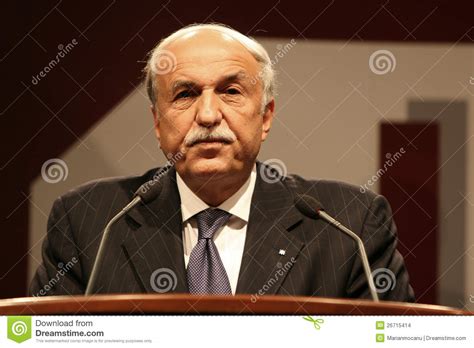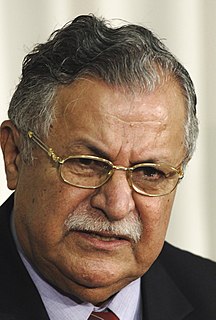A Quote by Andrew Mango
Most Turkish Kurds want a quiet life and improved economic conditions. But the Kurdish regions of Turkey are mountainous; they're ill-favored climatically; they're poor; and there's a limit to what the government can do there without wasting a lot of resources. Developing the south east may mean decamping a large part of its population. But the thing that will improve the lot of the Kurds more than anything else will be the stabilization of Iraq in the first place, because then the Turkish southeast stops being a dead end. It can become a bridge, with trade flowing in both directions.
Quote Topics
Anything
Anything Else
Because
Become
Being
Both
Bridge
Conditions
Dead
Dead End
Developing
Directions
East
Economic
Else
End
First
First Place
Flowing
Government
Ill
Improve
Improved
Iraq
Kurdish
Kurds
Large
Large Part
Life
Limit
Lot
May
Mean
More
More Than Anything
Most
Part
Place
Poor
Population
Quiet
Quiet Life
Regions
Resources
South
Southeast
Stops
Than
Then
Thing
Trade
Turkey
Turkish
Want
Wasting
Will
Without
Related Quotes
By very conservative estimates, Turkish repression of Kurds in the 1990s falls in the category of Kosovo. It peaked in the early 1990s; one index is the flight of more than a million Kurds from the countryside to the unofficial Kurdish capital, Diyarbakir, from 1990 to 1994, as the Turkish army was devastating the countryside.
The Kurds had always had a bad time. They were oppressed by the Ottoman empire. Then, at the end of the First World War, they were promised a homeland, but the new Turkish state refused to give them any land, while the British went and created the new state of Iraq and sent aircraft to bomb the Kurds there into submission.
I do believe that the Kurds are in a difficult situation. They do have some American support. How consistent that will be is unclear. But they have built up a strong military, and they have begun to build the institutions of an autonomous life in Northern Syria. Turkey's enmity towards the Kurds and their desire to make sure there is no independent Kurdish state or even really autonomous enclave is going to push the Kurds into Bashar Assad's hands over time.
We've seen in Europe after the recent terrorist attacks a certain retrogression in human rights. It depends on how threatened the Turks feel. For example, Turkey became much more tolerant towards Kurdish nationalists when the killing of Turkish soldiers stopped in southeastern Turkey and body bags stopped arriving. Now, since June there's been a revival of Kurdish attacks on Turkish troops - something like 150 people have been killed by terrorists supplied from and operating out of bases in northern Iraq. So Turks are feeling much less tolerant of Kurdish nationalism.
The Kurds know that they won't achieve their own state by force of arms but through international recognition. And they have certainly heard what the German foreign minister said in connection with the arms deliveries: There is no Kurdish state. But that shouldn't prevent the Kurds from continuing to develop their own institutions. Still, the best thing for them would be to remain a part of Iraq, but in return we must treat them with respect - their nationality, their language and their culture.
The situation in Turkey is extremely troubling. A panic-stricken regime, desperate to divide the Kurdish population from non-Kurds because it feared the rise of the HDP, has helped to create a huge crisis in the country. Can it be ended while Tayyip Erdogan remains in power? I don't think so. Erdogan may not be a "joker," but he is definitely a political plagiarist.
Kurds are going to have to strike a bargain with Bashar Assad that will keep them in the Syrian state and under some kind of Syrian authority, so that they can have the protection of international legitimacy and the Syrian army against the Turks. How they can bargain with Assad is unclear. What kind of negotiations they can come to, unclear. We will see whether they get something like the Kurds in Iraq, which is a large measure of autonomy, or something less than that. That will be one of the big negotiations to come out of this process.
Istanbul and the western and southern seaboards are very Europeanized. But then you have the Kurdish areas, in the southeast. That's Turkey's Middle East, where you have a different society, which itself is changing but much more slowly, where women are maltreated, are expected to have huge families, and are often basically beasts of burden. That is changing - with education, with the movement of people from the southeast to the west and the cities. As with so much in Turkey, you can't expect change to happen overnight.






























